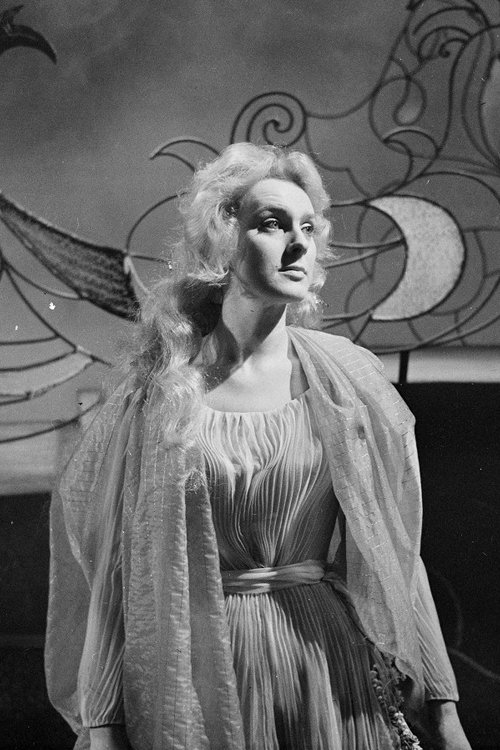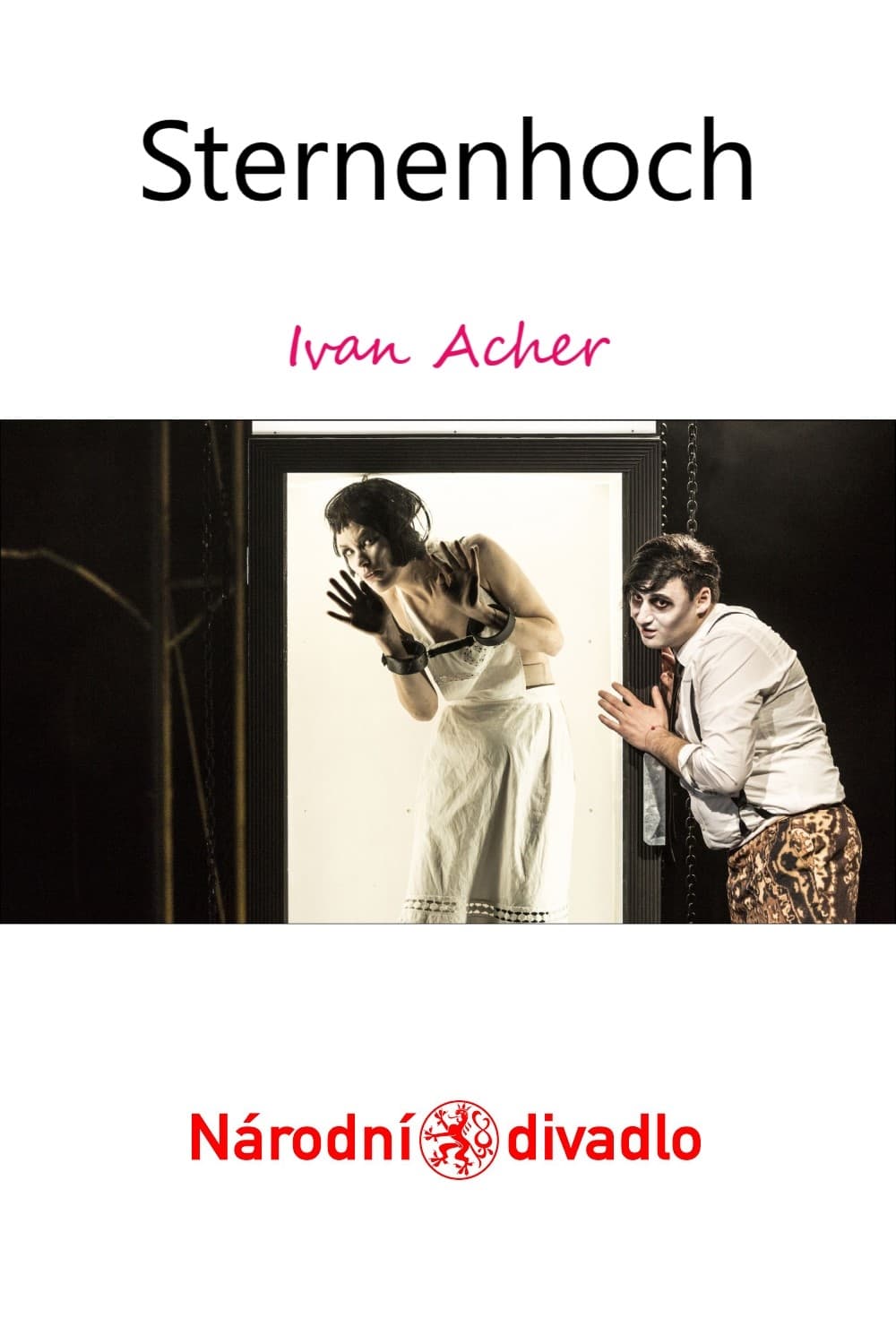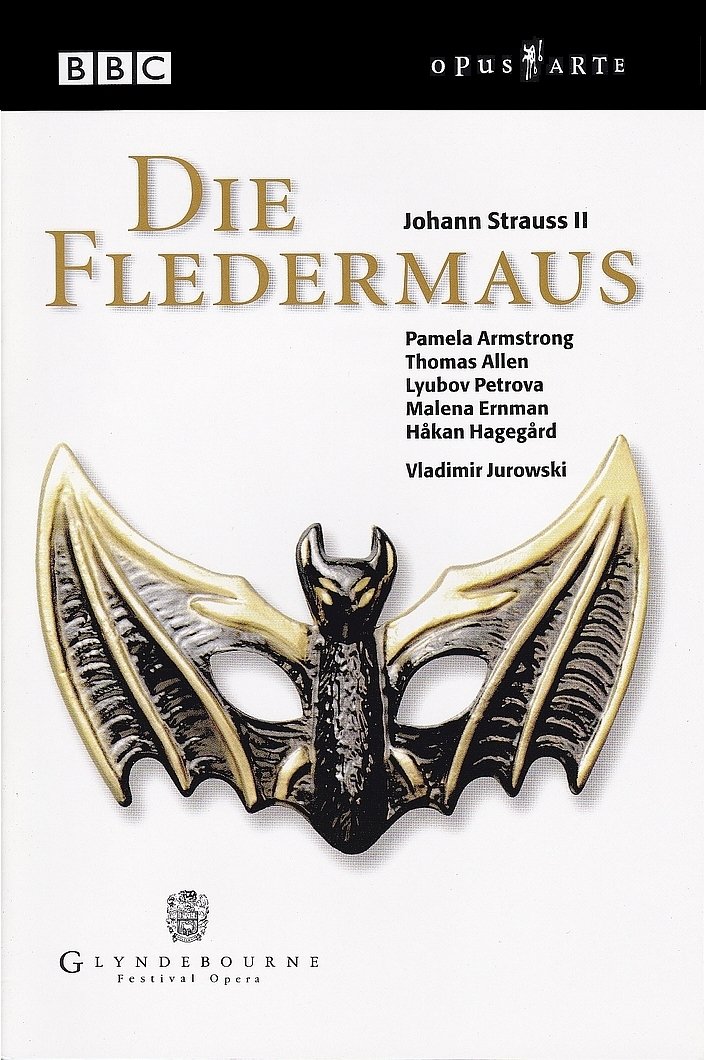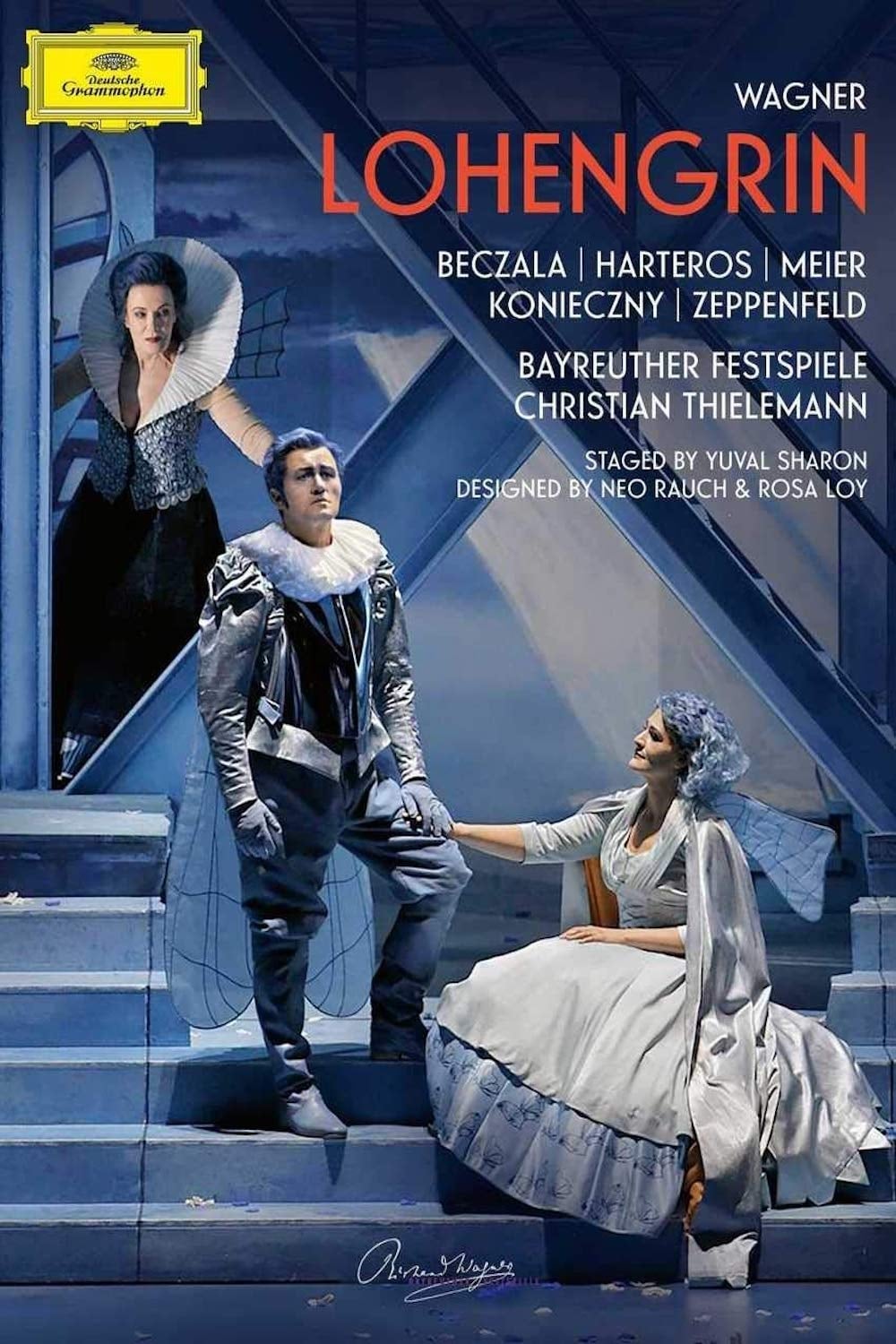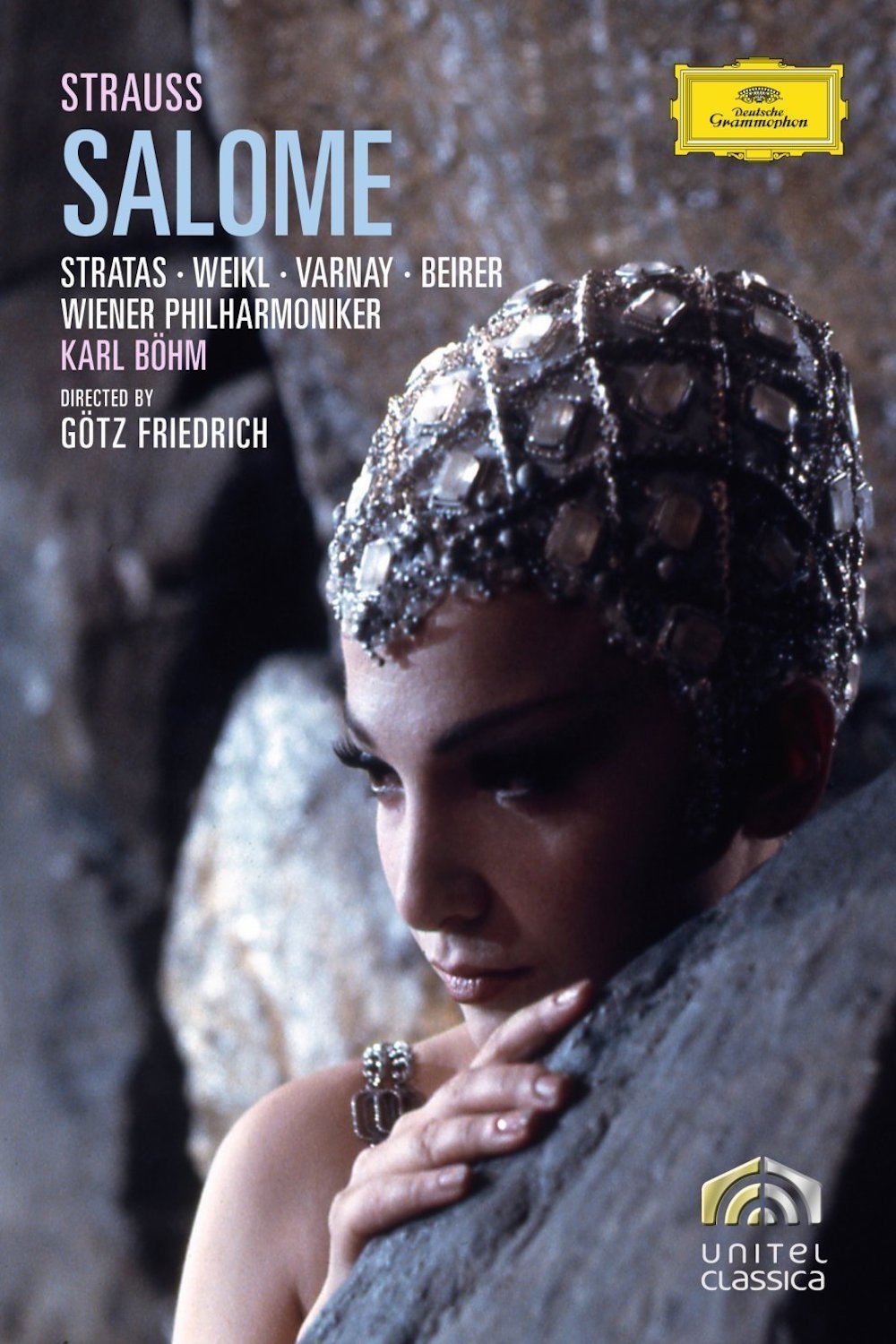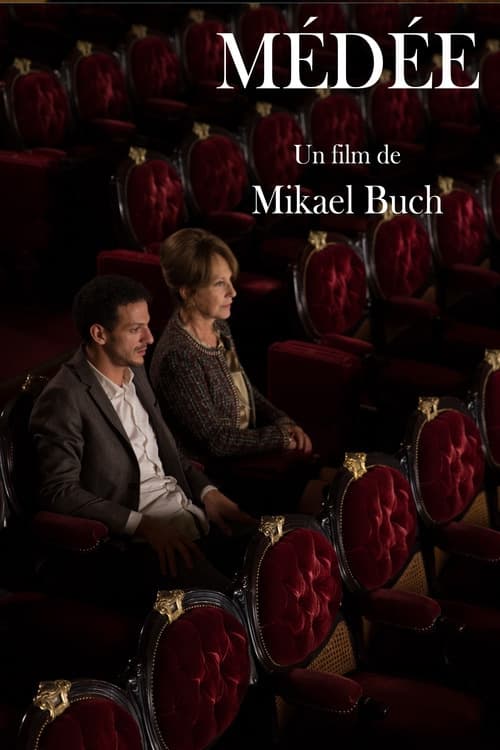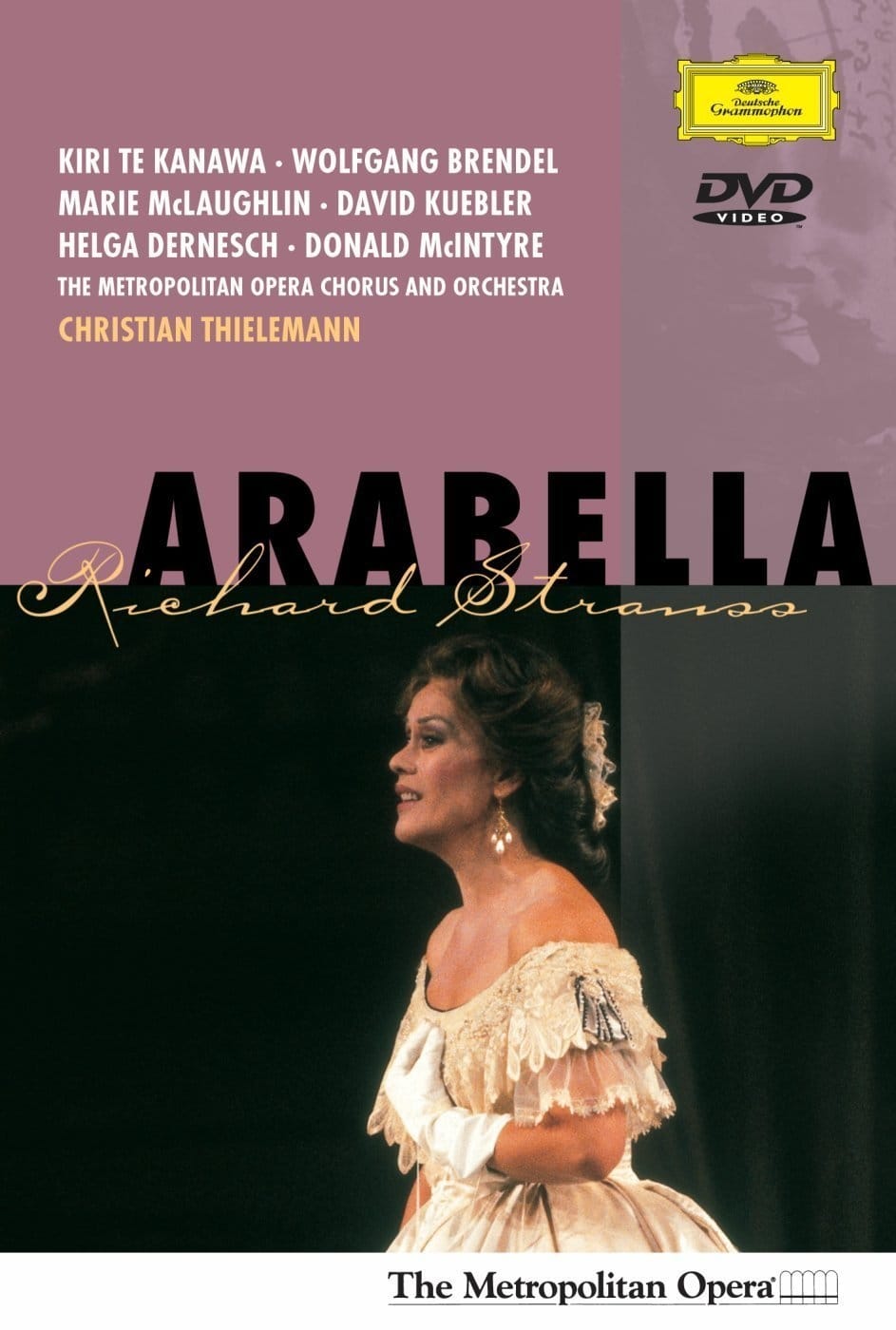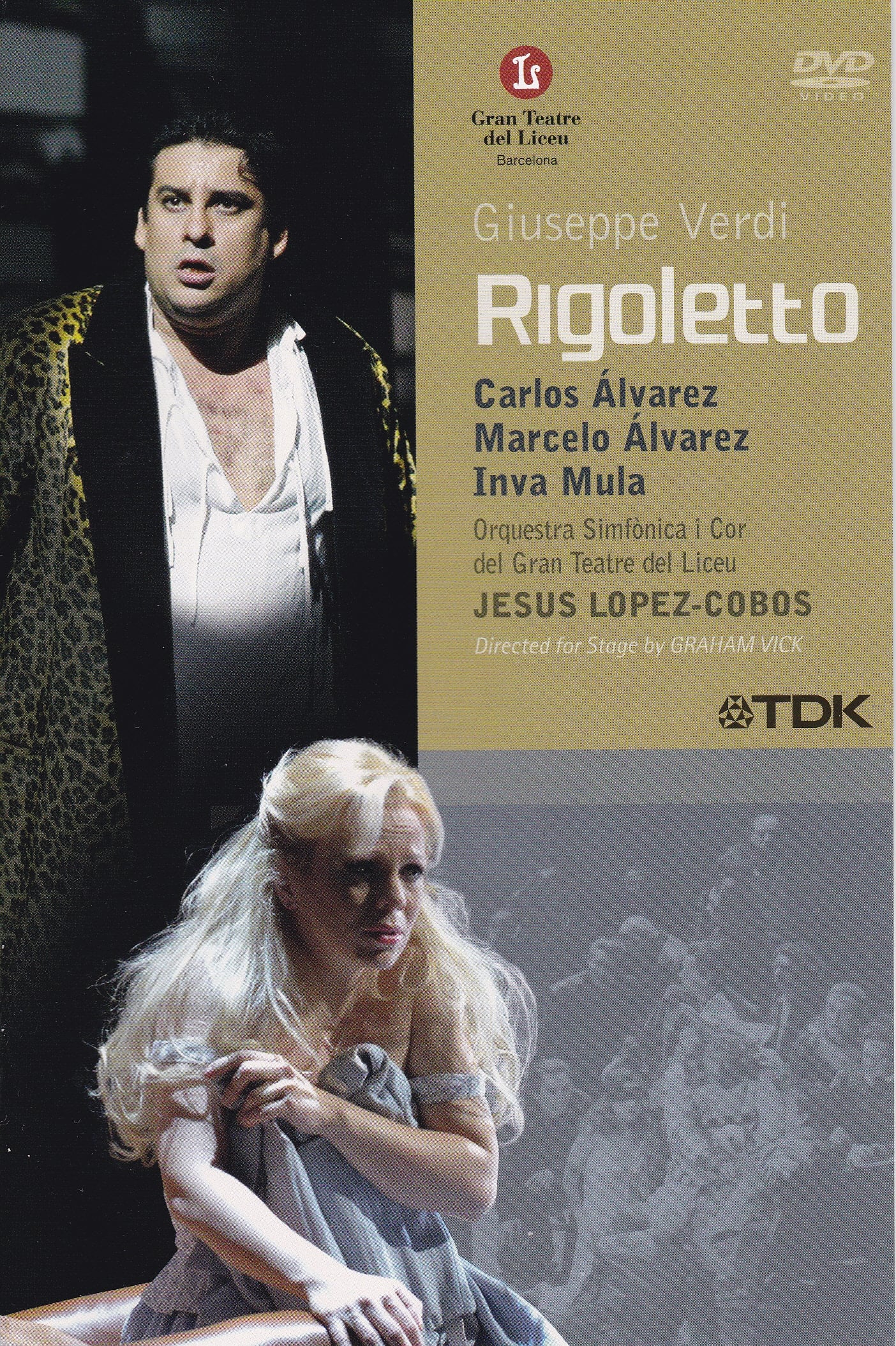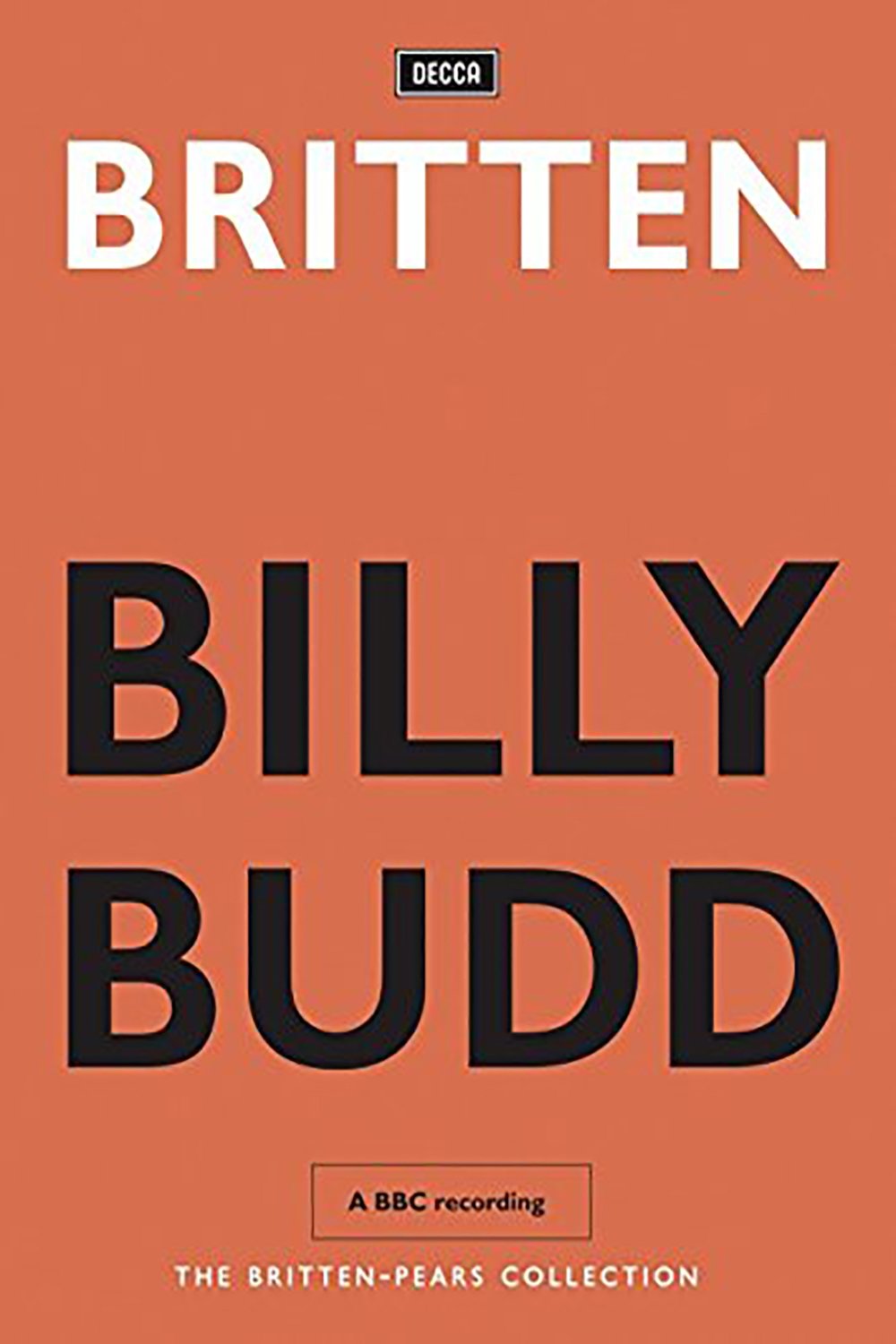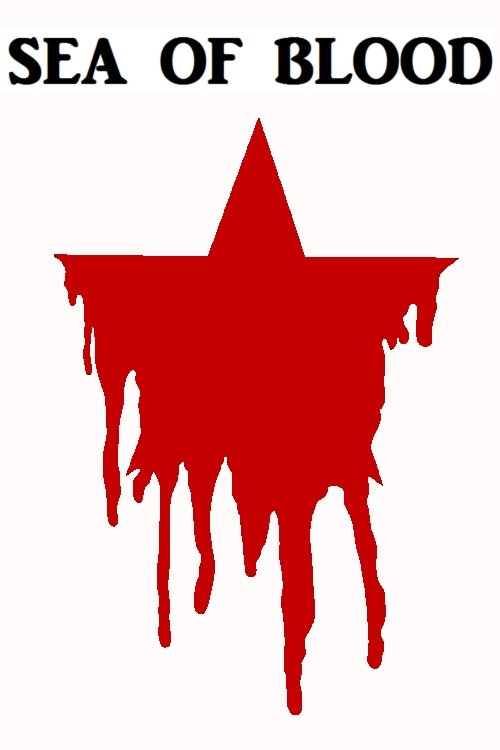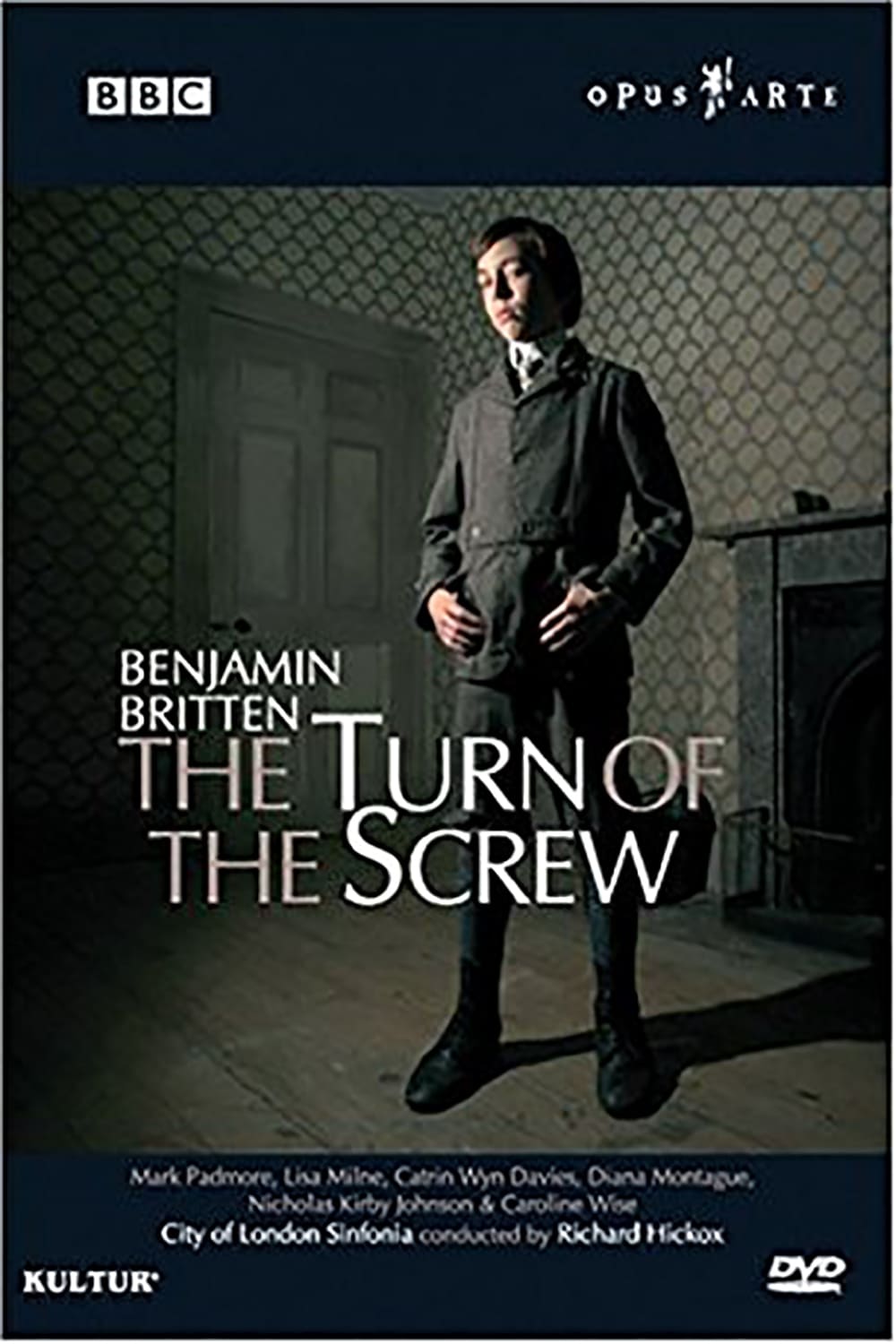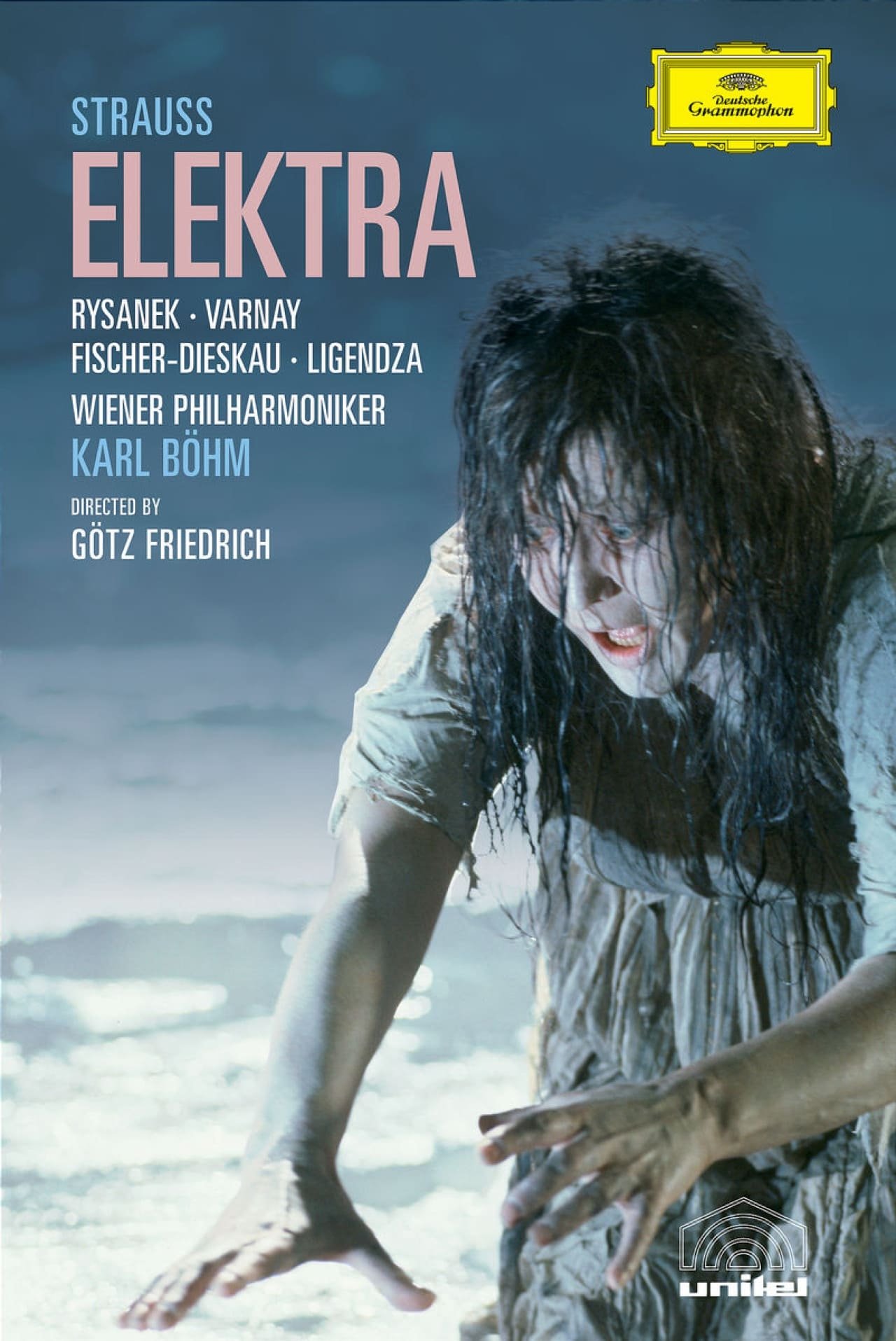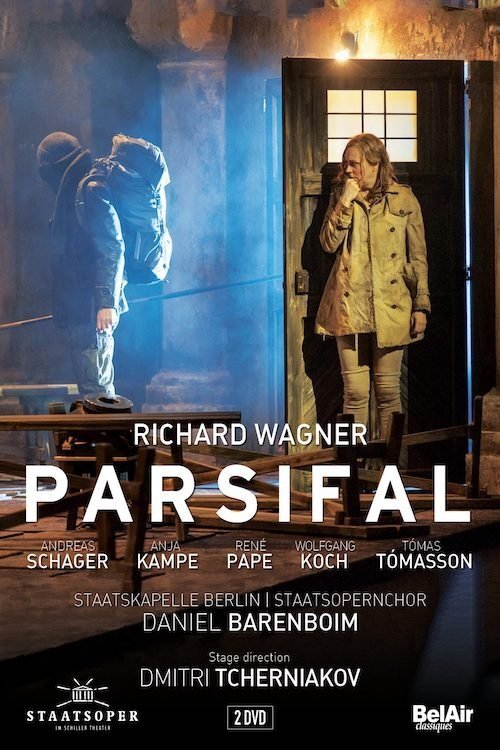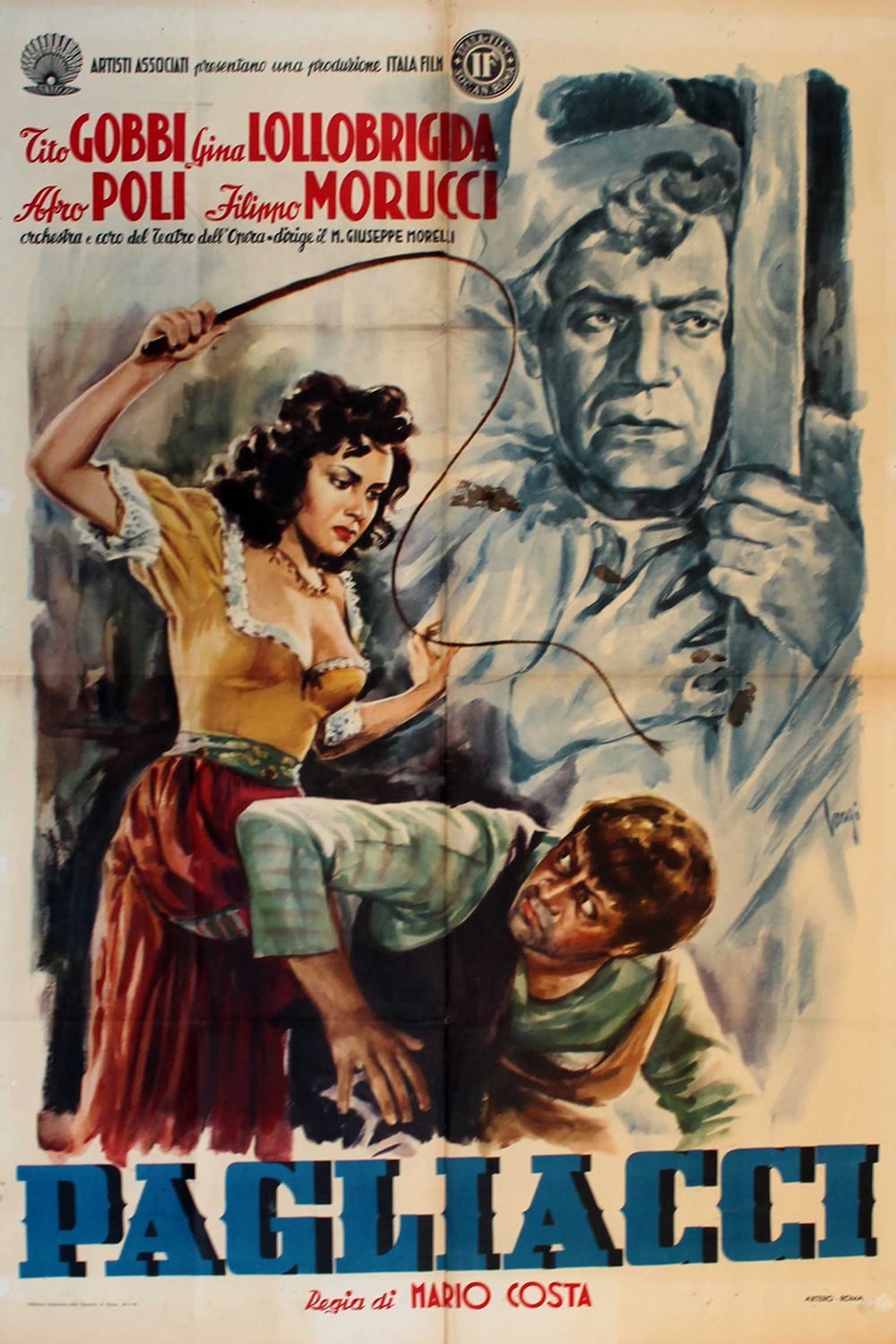Cast & Crew
17 members
Acting
Yvetta Pešková
Rusalka
No Image
Acting
Ludmila Červinková
Rusalka (singing voice)
No Image
Acting
Oldřich Stodola
Prince
No Image
Acting
Beno Blachut
Prince (singing voice)
No Image
Acting
Marie Podvalová
Princess
No Image
Acting
Eduard Haken
Water Spirit
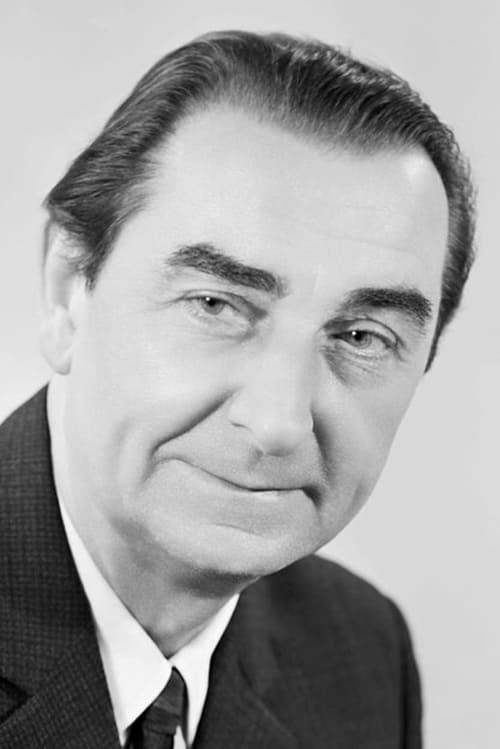
Acting
Marta Krásová
Witch
No Image
Acting
Jiří Joran
Gamekeeper
No Image
Acting
Věra Nováková
Cookie
No Image
Acting
Ludmila Hanzalíková
Cookie (singing voice)
No Image
Acting
Maria Tauberová
Sprite
No Image
Acting
Irena Keplerová
Sprite
No Image
Acting
Miluše Fidlerová
Sprite
No Image
Acting
Naděžda Blažíčková
Sprite
No Image
Acting
Věra Krilová
Sprite
No Image
Acting
Věra Burešová
Sprite
No Image
Acting
Přemysl Kočí
Hunter
No Image
Similar Movies
Recommended Movies

No Recommendations Yet
We're working on finding the perfect movies for you. Check back soon!
More movies coming soon
